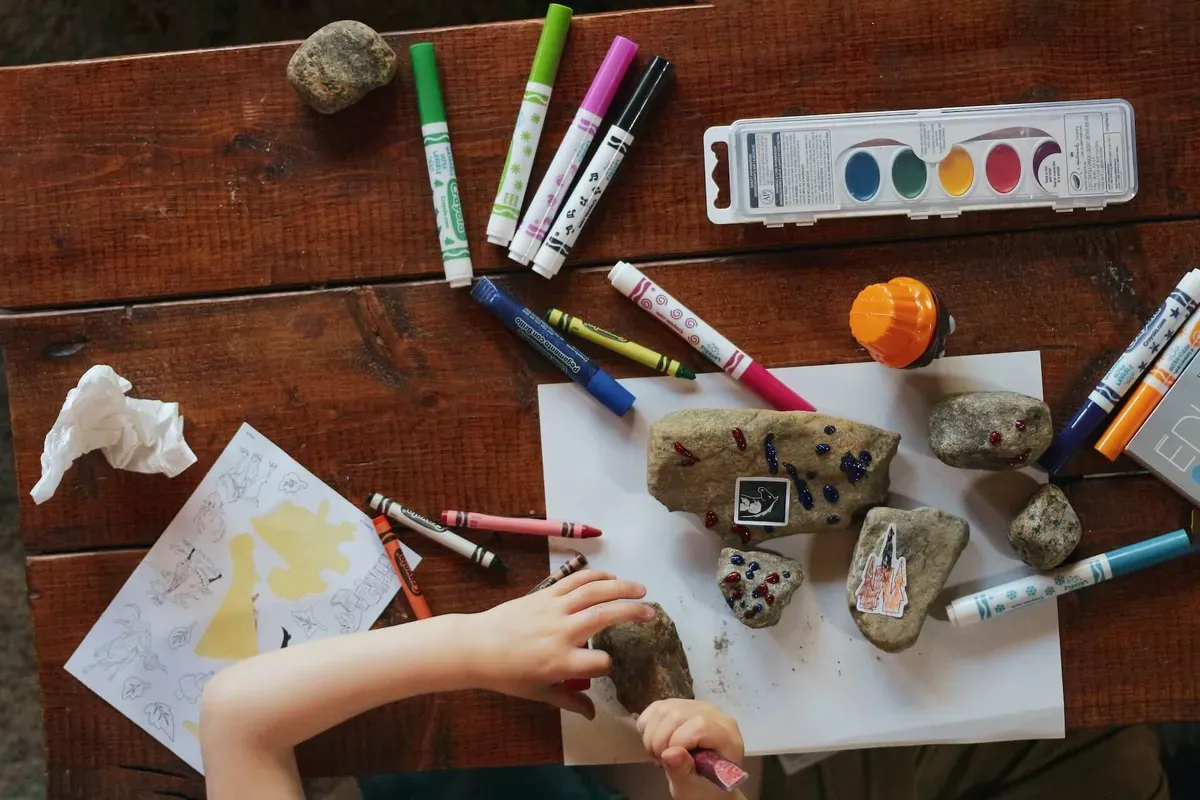
Play Therapy
Never heard of Play Therapy before? Check out this short introductory guide on what it is and why it’s important! If you provide therapy to children, adding Play Therapy to your work might cover more ground!
Get carepatron free
Commonly asked questions
Yes. Who said that toys and games are limited to just kids? Adults can definitely take Play Therapy if they want to explore more than just talk-based therapy/counseling. Doing so might help them rediscover what they loved, which they might have forgotten due to the challenges life threw at them. Doing so might be the necessary step to help them work through what is troubling them, may it be anxiety, depression, or even trauma.
That depends on the child. Sometimes, Play Therapy is enough because it helps children develop a better sense of self, communication skills, problem-solving skills, and healthy ways to process their emotions. If they are troubled by more serious mental health issues and disorders, Play Therapy may not be enough. If that’s the case Play Therapy can be part of a more comprehensive care plan to help cover more ground for the kid.
The types of toys and activities used in Play Therapy differ from professional to professional. It depends on their approaches. Sometimes there are action figures. Sometimes there are dolls. Some professionals include books for storytelling, while some use puppets to help kids find their inner thespian. But, if you want a general list of techniques used in Play Therapy, check out our Play Therapy Techniques article! If you want specific activities, we have a Play Therapy Activities article just for you!







